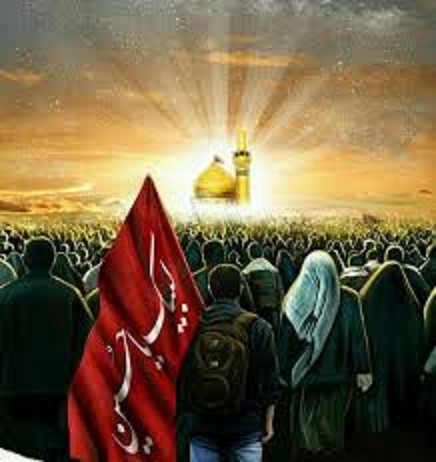The Qur’an: Sunni Muslims consider the Qur’an to be the literal word of God and the primary source of guidance. It is divided into chapters called Surahs.
Hadith: Sunnis also follow the Hadith literature, which records the sayings and actions of Prophet Muhammad. These Hadith provide further guidance on various aspects of life.
Five Pillars of Islam: Sunnis adhere to the Five Pillars of Islam, which include the declaration of faith (Shahada), prayer (Salah), fasting during Ramadan (Sawm), almsgiving (Zakat), and pilgrimage to Mecca (Hajj).
Major Schools of Thought (Madhabs):
Hanafi: Named after Imam Abu Hanifa, this school is known for its flexibility and reasoning in jurisprudence. It is prevalent in Turkey, South Asia, and parts of Central Asia.
Maliki: Founded by Imam Malik, this school emphasizes local customs and traditions in jurisprudence. It is prominent in North and West Africa.
Shafi’i: Established by Imam Shafi’i, this school emphasizes the importance of Hadith and is widely followed in East Africa, Southeast Asia, and parts of the Arabian Peninsula.
Hanbali: Founded by Imam Ahmad ibn Hanbal, this school is known for its strict adherence to the Qur’an and Hadith. It is prevalent in Saudi Arabia and some parts of the Arabian Peninsula.
Key Sunni Theological Concepts:
Aqidah: Sunni theology focuses on the belief in God’s attributes, angels, prophethood, and the Day of Judgment.
Ijtihad and Taqlid: Sunni scholars engage in ijtihad (independent legal reasoning) to derive rulings from Islamic sources. Followers can also follow the opinions of qualified scholars through taqlid (emulation).
Influential Sunni Scholars:
Imam al-Ghazali: Known as the “Proof of Islam,” al-Ghazali contributed to theology, philosophy, and Sufism. His works like “The Revival of Religious Sciences” are highly influential.
Ibn Taymiyyah: he emphasized strict adherence to the Qur’an and Hadith and criticized certain practices. His ideas have impacted suni Islamic .
Ibn Rushd (Averroes): A philosopher, jurist, and polymath, he reconciled Islamic thought with Aristotelian philosophy, contributing to the Islamic Golden Age.
Ibn Hajar al-Asqalani: A renowned Hadith scholar, he authored the famous commentary “Fath al-Bari” on Sahih al-Bukhari.
Ibn Kathir: His exegesis “Tafsir al-Qur’an al-Azim” is widely respected for its comprehensive analysis of the Qur’an.





















